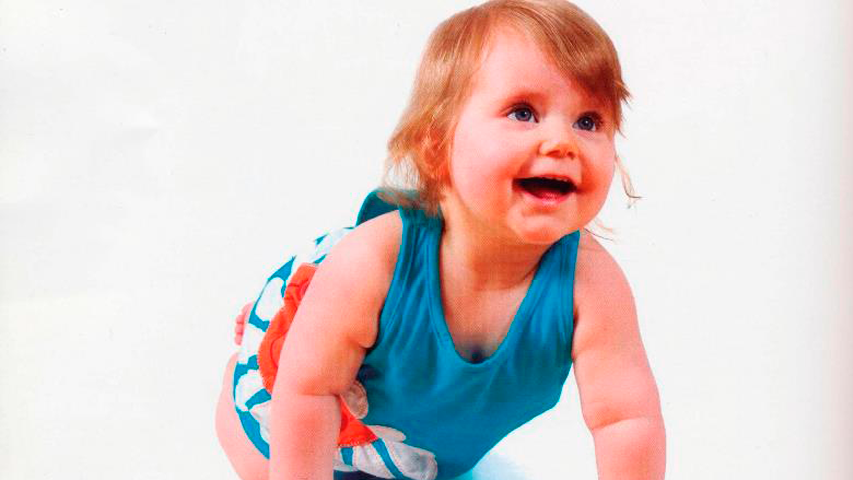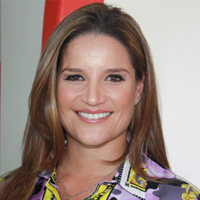In our genes, human beings have modules that facilitate learning in certain areas, which can even be stimulated during the prenatal stage. The first development module discovered was language. For this reason, from the time a child is in his or her mother’s womb, we are told we should talk to him or her. It is surprising to see in a sonogram how a fetus reacts to a human voice, especially his or her mother’s.
The other modules are Mathematics, through which babies know when there are many or few elements, starting in the first weeks after they are born; Science, which brings them face to face with the world to recognize gravity; and Art, which enables them to recognize graphic representations and figures. You may have noticed how babies are enthralled by paintings and photos.
There are two other modules, socioemotional and psychomotor, which enable children to understand the importance of significant adults in their lives. A newborn needs his or her mother in order to survive; this is referred to as a bond. A child’s bond with his or her mother and father is very intense. Therefore, now it is recommended that both parents receive their baby at birth. That is the moment when the most intense, important bonds for good socioemotional development are formed.
The psychomotor module is responsible for a child’s movement, with which the help and cooperation of his or her parents is required. It is evident that the new expectations of parents are geared toward socioemotional and cognitive development. These developments require dedication, care and interaction, and this is called the “playful interaction format.”







